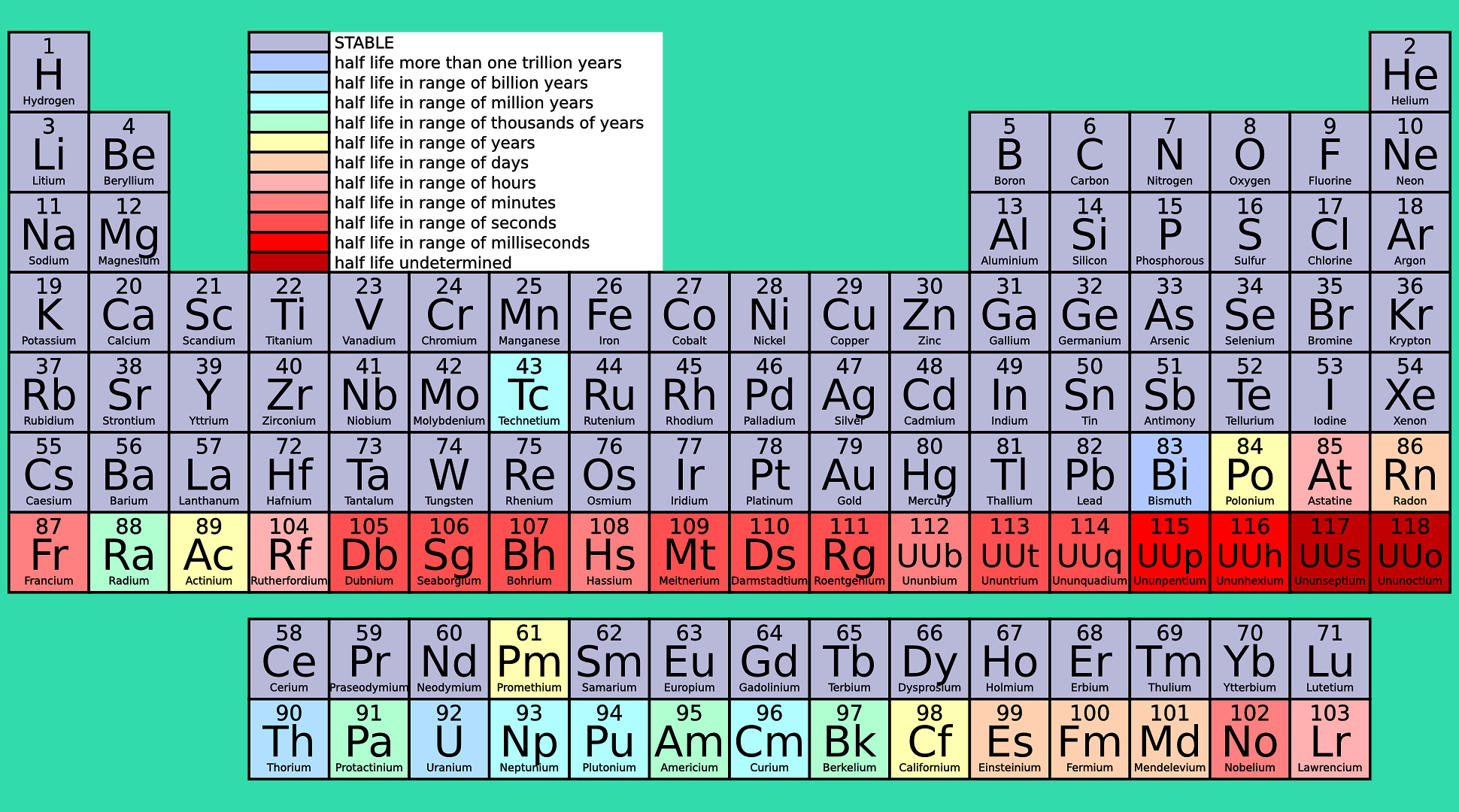photo from Pixabay
by Elizabeth Magee, LRD
What if I told you there’s something responsible for more than 600 processes in our body? And what if a few of those include keeping a steady heartbeat, a strong immune system, maintaining nerve function, and my current fave – better sleep? If you aren’t getting enough, you could be at risk for osteoporosis, diabetes and a bunch of other things you don’t want to deal with.
Knowing all this, would you want to make sure you were consuming enough of it? I’m a hard yes. And I’ve been taking a supplement for a long time just to make sure I’m getting enough.
What am I taking?
Magnesium!
When I was in high school, my dietitian preached (love her for it) about how important magnesium is for us. Apparently, I was listening. Since I’m assuming most of those reading this are adults, I’ll tell you those recommendations. Men 31 years and older need 420 mg/day, women of the same age need 320 mg.
Yet another reason to eat your leafy greens and a variety of nuts – great sources of magnesium. Of course, brown rice, potatoes (yay potato farmers), beans and if you’re drinking those 3 cups of milk a day, you’re also getting magnesium – cheers to you!
It’s certainly possible to get enough magnesium from your diet, but I like to take a supplement because I know I’m not a perfect eater – yes, even as a dietitian – crazy and shocking, right? Not if you know me.
Trying to pick a supplement is confusing. You need to think about why you are taking it, if you can swallow pills, or maybe if you even need it. Remember, getting it from your diet is generally best. A lot of magnesium supplements may cause loose stools or diarrhea, so take that into consideration when you take it.
- Magnesium Citrate: easily absorbed and sometimes used to treat constipation.
- Magnesium Gluconate: used to treat deficiencies caused by medical conditions; less likely to cause diarrhea.
- Magnesium L-threonate and glycinate may help with sleeplessness, anxiety and brain health but still needs to be studied more.
- Magnesium Sulfate (aka Epsom salt): as a soaking solution may help with pain, relaxation and treating minor cuts and bruises; its also available as an oral supplement.
This is just the tip of the iceberg for all of the great things Magnesium does for us; there is much more to know. But hopefully you are now aware you may not be getting enough and can attempt to increase your intake!
Of course you should discuss starting a supplement with your primary care provider as it does interact with some medications. When choosing supplements choose one that has been third party tested.
 Elizabeth Magee is a licensed registered dietitian. Her posts appear monthly on OYT.
Elizabeth Magee is a licensed registered dietitian. Her posts appear monthly on OYT.
Other popular posts from Elizabeth:
